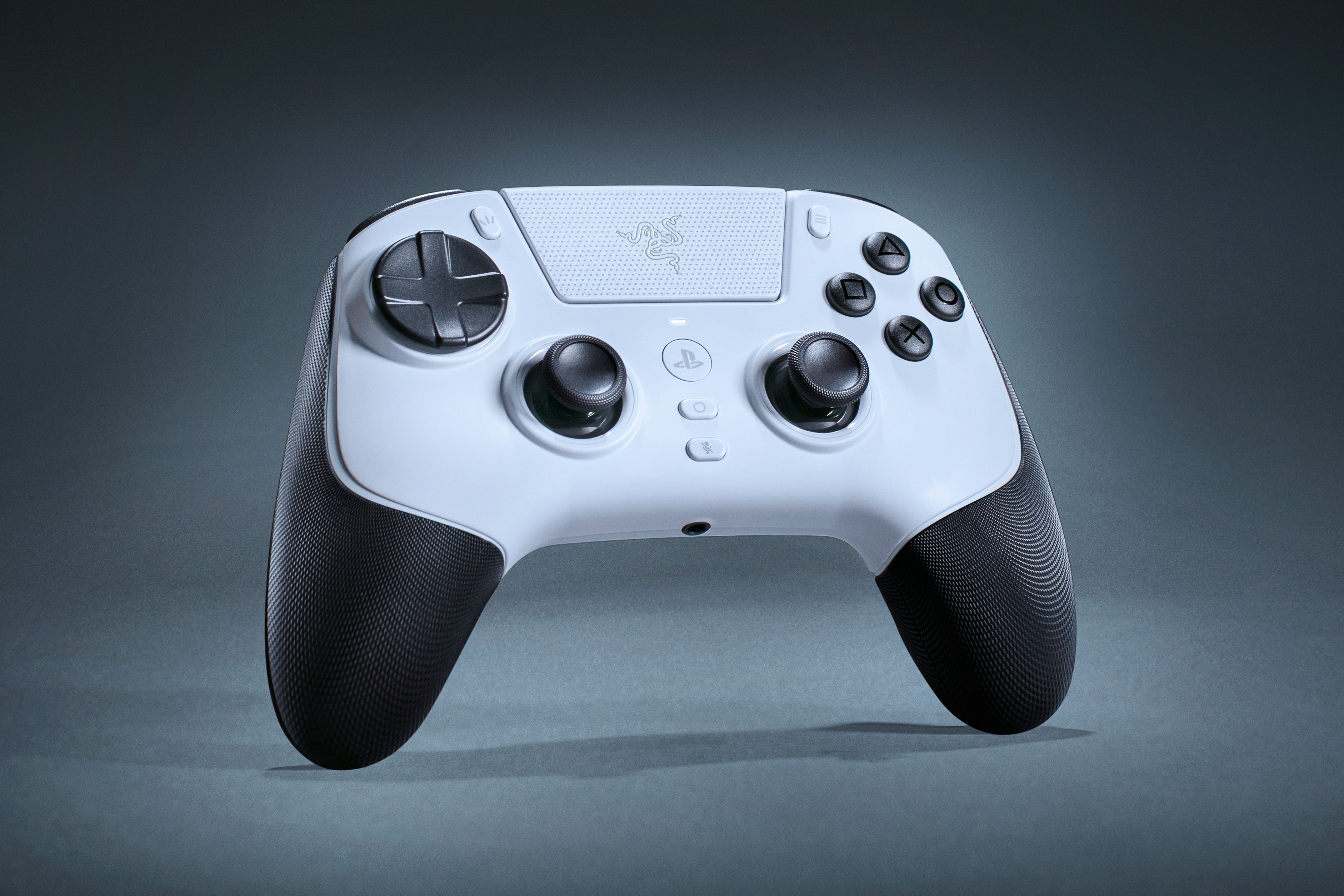Razer is taking direct aim at Sony's premium gaming controller market with the Raiju V3 Pro, a $219.99 wireless controller that promises to solve the biggest problem plaguing high-end gamepads: stick drift. While Sony's DualSense Edge costs $199.99, its replacement stick modules run $20 each - meaning two replacements puts you over Razer's price point.
Razer just threw down the gauntlet in the premium PlayStation controller wars. The company's new Raiju V3 Pro promises what Sony's $199.99 DualSense Edge can't: joysticks that won't develop the dreaded stick drift that plagues competitive gamers.
The $219.99 wireless controller shares DNA with Sony's premium offering - adjustable trigger pulls, swappable rear paddles, extra analog stick caps, and a hard carrying case. But Razer's secret weapon lies in its TMR (Tunneling Magnetoresistance) joysticks, which use magnetic sensors instead of traditional mechanical contacts. The result? Sticks that resist drift and consume less battery power during gameplay.
It's a smart bet against Sony's Achilles heel. The DualSense Edge uses ALPS stick modules that cost $20 each to replace when they inevitably wear out. Factor in two stick replacements over the controller's lifetime, and Sony's "cheaper" option suddenly costs $239.99 - $20 more than Razer's alternative.
"The Raiju V3 Pro is the superior controller by one very important criterion," according to The Verge's hands-on review. That assessment centers on the TMR technology, which gaming peripheral manufacturers have been slow to adopt despite its proven durability advantages.
But Razer's controller isn't without compromises. The company had to sacrifice two of the DualSense's signature features - adaptive triggers and haptic rumble - to hit its price point. More significantly, Sony doesn't grant third-party manufacturers access to the DualSense Edge's software customization suite on PS5 consoles. The Raiju V3 Pro connects via a 2.4GHz USB-A dongle rather than pairing directly with the console.
Those trade-offs might matter less to competitive players who often disable rumble and adaptive triggers anyway. Razer seems to be betting on that audience with design choices that prioritize performance over PlayStation-specific features. The controller's eight-way directional pad makes fighting game combos easier to execute than Sony's four-way design, while PBT keycap material borrowed from high-end keyboards gives the face buttons a distinctive tactile feel.
The modular rear paddle system shows Razer's commitment to customization. Players who don't want all four rear buttons can swap them for caps that create a nearly seamless back surface - addressing a common complaint about accidentally triggering paddles during intense gameplay.












